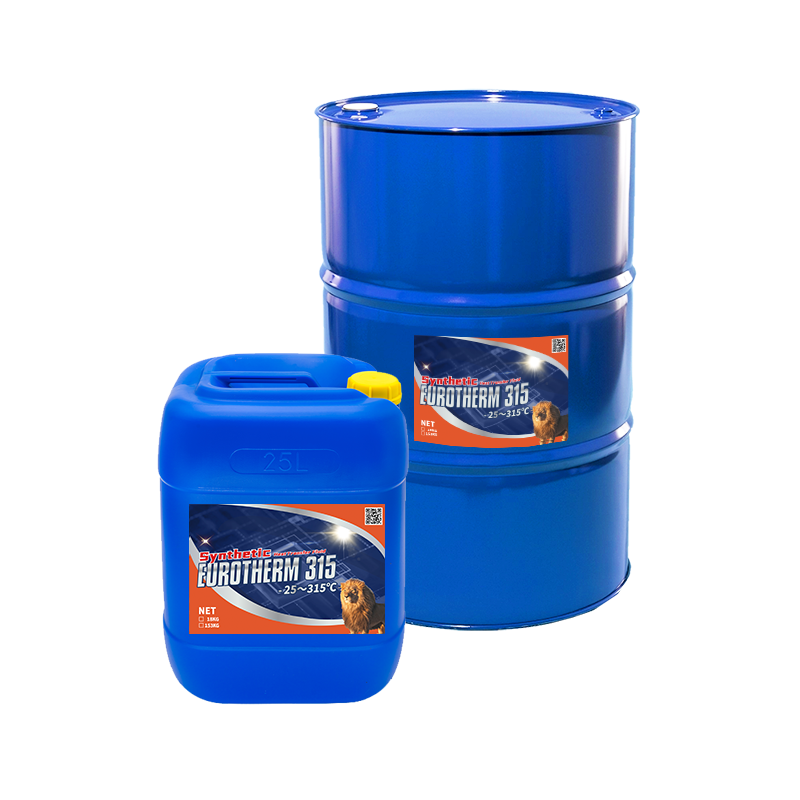Some Known Factual Statements About Chemie
Some Known Incorrect Statements About Chemie
Table of ContentsThe Greatest Guide To ChemieNot known Facts About ChemieAbout ChemieThe 30-Second Trick For ChemieThe smart Trick of Chemie That Nobody is DiscussingRumored Buzz on Chemie
(https://truthful-shrimp-nd4j6l.mystrikingly.com/blog/dielectric-coolant-and-heat-transfer-solutions-by-chemie)Measured modification in electrical conductivity of fluid samples as a feature of time when mixed with the material sample in the closed indirect air conditioning loophole experiment. Number 6 reveals the modification in the determined electrical conductivity of the fluid examples when mixed with the resin example. The conductivity of the water example from the shut loop experiment reduced by roughly 70% from 11.77 S/cm to 3.32 S/cm in 6 hours.These outcomes suggested that the capacity of the material relies on the test liquid utilized for the experiment. This reveals that different ions existing in the fluid will certainly lead to different ion exchange capacity of the liquid. Determining the ion exchange resin capacity with the liquid sample from the real cooling loop is vital.
Not known Facts About Chemie
For that reason, an ion exchange material cartridge containing 20g of Dowex blended bed resin may handle order 938 days to fill. To put it simply, to maintain a low electric conductivity, a material cartridge with the dimension and weight spec as that of the resin cartridge utilized in the experiment, require to be changed every 30 months for the cooling system that was made use of in the experiment
The cooling of electronic components has actually come to be a significant challenge in recent times because of the innovations in the style of faster and smaller sized elements. Consequently, various air conditioning technologies have been developed to efficiently remove the heat from these parts [1, 2] Making use of a fluid coolant has actually come to be eye-catching as a result of the greater warm transfer coefficient achieved as contrasted to air-cooling.
The Best Strategy To Use For Chemie
A solitary phase air conditioning loop is composed of a pump, a warm exchanger (cold plate/mini- or micro-channels), and a warm sink (radiator with a fan or a liquid-to-liquid warmth exchanger with chilled water cooling). The warmth source in the electronic devices system is attached to the warmth exchanger.
The requirements may differ depending upon the kind of application. Complying with is a listing of some general demands: Excellent thermo-physical buildings (high thermal conductivity and certain heat; low thickness; high hidden warmth of dissipation for two-phase application) Reduced freezing point and ruptured factor (sometimes burst defense at -40 C or reduced is required for shipping and/or storage space objectives) High climatic boiling factor (or low vapor pressure at the operating temperature level) for single phase system; a slim desired boiling point for a two-phase system Good chemical and thermal security for the life of the electronic devices system High flash factor and auto-ignition temperature level (occasionally non-combustibility is a requirement) Non-corrosive to materials of building and construction (metals along with polymers and other non-metals) No or minimal regulative restraints (ecologically pleasant, nontoxic, and perhaps eco-friendly) Economical The most effective electronic devices coolant is an economical and harmless fluid with excellent thermo-physical buildings and a lengthy service life.
Some Ideas on Chemie You Need To Know
A lot of these fluids have a non-discernible odor and are safe in instance of call with skin or intake. As pointed out in the past, aliphatic PAO-based liquids have replaced the silicate-ester fluids in a variety of army electronic devices (and avionics) cooling applications in the last decade. An additional course of popular coolant chemistry is dimethyl- and methyl phenyl-poly (siloxane) or frequently known as silicone oil.
Of all, these fluids are non-combustible and non-toxic. Some fluorinated substances have no ozone diminishing possible and other ecological residential properties.
Ethylene glycol is colorless and practically unsmelling and is totally miscible with water. When properly prevented, it has a relatively additional resources reduced corrosivity. However, this coolant is identified as harmful and need to be managed and gotten rid of with treatment. The high quality of water used for the preparation of a glycol option is really vital for the system.
6 Easy Facts About Chemie Explained

This is a low expense antifreeze remedy, finding use in refrigeration solutions and ground source warm pumps - immersion cooling liquid. This liquid can be made use of down to -40 C owing to its relatively high rate of warm transfer in this temperature level variety.
It is considered more unsafe than ethylene glycol and subsequently has actually found usage just for process applications situated outdoors. Methanol is a combustible liquid and, as such, introduces a prospective fire risk where it is saved, handled, or made use of.
The 10-Minute Rule for Chemie
As a combustible liquid, it needs specific preventative measures for taking care of and storage. Liquid solutions of calcium chloride locate vast use as circulating coolants in food plants. It is non-flammable, safe and thermally extra effective than the glycol solutions. A 29% (by wt.) calcium chloride remedy has a freezing point listed below -40 C.
